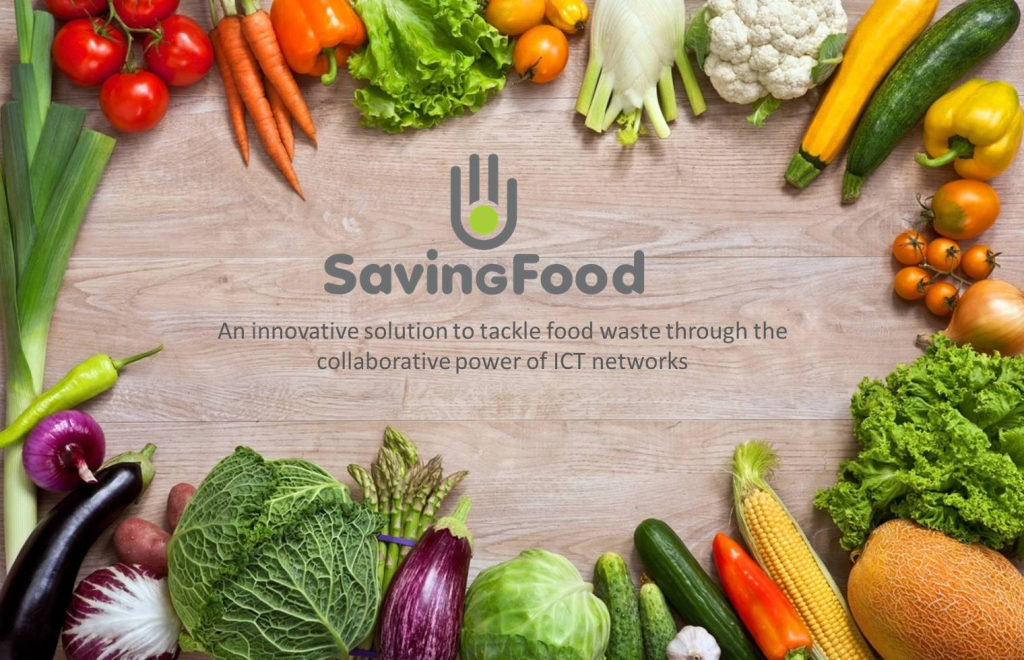Embracing Food Saving for a Sustainable Future
In a world where food waste is a pressing issue, adopting food-saving practices isn’t just a choice—it’s a necessity. Every morsel of food saved represents a step towards reducing waste, alleviating hunger, and safeguarding the planet. In this blog post, we’ll explore the importance of food saving, practical tips for minimizing waste in our kitchens, and the collective impact of our individual efforts.
Food saving isn’t just about stretching your grocery budget—it’s about being mindful of the resources that go into food production and distribution. When we waste food, we squander precious resources such as water, land, and energy, contributing to environmental degradation and exacerbating food insecurity. By embracing food saving, we can reduce our ecological footprint and contribute to a more sustainable food system.
Practical Tips for Food Saving:
- Meal Planning: Take inventory of what you have on hand, plan meals accordingly, and make a shopping list to avoid overbuying.
- Proper Storage: Store perishable items such as fruits, vegetables, and dairy products properly to extend their shelf life. Invest in reusable storage containers and learn which foods are best stored in the fridge, pantry, or freezer.
- Batch Cooking: Cook in large batches and freeze individual portions for quick and convenient meals later on. This not only saves time but also reduces food waste by ensuring leftovers are consumed.
- Creative Cooking: Get creative with leftovers and “ugly” produce. Turn stale bread into croutons or breadcrumbs, blend overripe fruits into smoothies or sauces, and repurpose vegetable scraps for homemade broth or compost.
- Mindful Eating: Practice portion control and be mindful of serving sizes to avoid overeating and leftovers. Encourage family members to take only what they can eat and save any excess for later.
While individual actions are important, systemic change is also crucial in combating food waste. Support businesses and organizations that prioritize food saving initiatives, advocate for policies that incentivize waste reduction, and participate in community initiatives such as food banks and gleaning programs. By working together, we can create a culture of food saving that benefits both people and the planet.
Food saving isn’t just about preserving leftovers—it’s about preserving resources, reducing waste, and building a more sustainable future. By adopting simple yet impactful practices in our daily lives, we can make a significant difference in the fight against food waste. Let’s embrace food saving as a deliciously sustainable solution for a better world.

